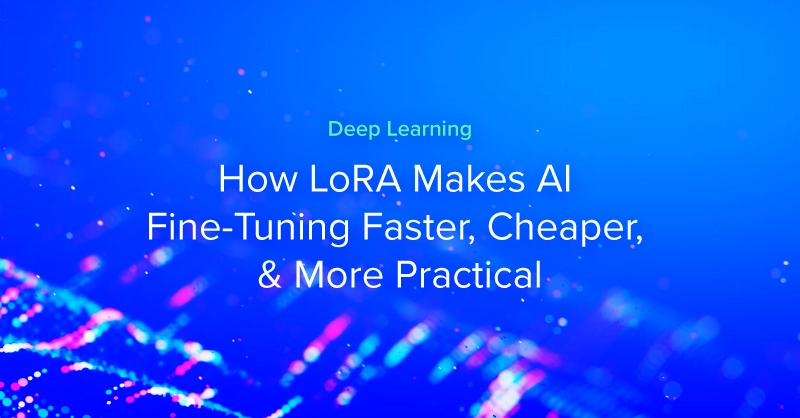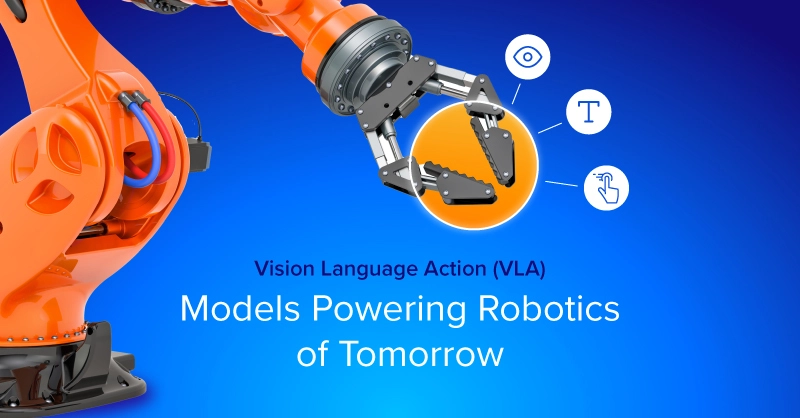
RELION 3.1.3 Now Available
RELION 3.1.3 was released on August 31, 2021.
You can download the newest release here.
This is a maintenance (bug fix) release from RELION 3.1.2. Everyone using RELION 3.1.2 or earlier should upgrade to this version. They will not investigate bug reports and questions on earlier versions.
Changes since RELION 3.1.2 include:
- Compatibility fix with CUDA 11.5 (by Alexey Romanenko)
- Compatibility fix with Intel oneAPI SDK (by Intel engineers)
Please see installation manual to learn how to use Intel compilers. Do not useCC,CXX,MPICC,MPICXXenvironmental variables. - Fix race conditions in local scratch (by Andreas Schenk)
- Fixed buffer overflow in FileName::compose (by Andreas Schenk)
- relion_convert_to_tiff: treat MODE 0 MRC as signed
- MotionCorr: treat pixels with zero gain as defects even in non-EER movies
- Bayesian Polish: fix defects in EER
- Gentle clean: remove duplicated code
- EER: prevent crash in corrupted EER files
What is RELION?
RELION (for REgularised LIkelihood OptimisatioN, pronounce rely-on) is a stand-alone, open source computer program that employs an empirical Bayesian approach to refinement of (multiple) 3D reconstructions or 2D class averages in electron cryo-microscopy (cryo-EM). It is developed in the group of Sjors Scheres at the MRC Laboratory of Molecular Biology. Whereas alternative approaches often rely on user expertise for the tuning of parameters, RELION uses a Bayesian approach to infer parameters of a statistical model from the data.
Interested in getting faster cryo-EM results?
Learn more about RELION GPU Accelerated Systems for Cryo-EM
Options for accelerated versions
Parts of the cryo-EM processing pipeline can be very computationally demanding, and in some cases special hardware can be used to make these faster. There are two such cases at the moment;
- GPU acceleration: RELION only supports CUDA-capable GPUs of compute capability 3.5 or higher.
- Vectorized CPU code path: RELION only supports GCC and ICC 2018.3 or later.
Note that you cannot have both acceleration in the same binary at the moment.
There are more benefits than speed; the accelerated versions also have a decreased memory footprint. Details about how to enable either of these options is listed below.
GPU-acceleration
Tools that are GPU-accelerated:
- relion_refine (i.e. Class2D, Class3D, Refine3D, Multibody refinement)
- relion_autopick
Classification without alignment is not accelerated.
When CUDA SDK is available, GPU support is automatically compiled.
Use
If you run relion_refine with a the “--gpu” flag, you will run the accelerated CUDA version of the kernels. If you leave out the “--gpu” flag, it will run the original CPU version.
CPU-acceleration
Tools that are CPU-accelerated (vectorized):
- relion_refine (i.e. Class2D, Class3D, Refine3D, Multibody refinement)
Classification without alignment is not accelerated.
To build with support for CPU-accelerated kernels in addition to the original CPU version, build by setting ALTCPU=ON
cd build
rm -r *
cmake -DALTCPU=ON ..
make
make install
This will require the Intel TBB (Threading Building Blocks) library. RELION will look for TBB, and fetch and install it when it is missing on your system. You can force this behavior (and make sure you are using the latest version) by adding:
-DFORCE_OWN_TBB=ON
In addition, you can make use the Intel Math Kernel Library (Intel MKL). This is optional (but will scale better with increased threads). Add this by:
-DMKLFFT=ON
Use
If you run relion_refine with a the “--cpu” flag, you will run the accelerated version. If you leave it the original CPU version will be run. You should use this flag if you can, unless you want to verify old runs or behavior.
For details on how to compile with Intel compilers and optimal runtime configurations, please look at their wiki.
Have any questions about RELION or other applications for molecular dynamics?
Contact Exxact Today

RELION 3.1.3 Release
RELION 3.1.3 Now Available
RELION 3.1.3 was released on August 31, 2021.
You can download the newest release here.
This is a maintenance (bug fix) release from RELION 3.1.2. Everyone using RELION 3.1.2 or earlier should upgrade to this version. They will not investigate bug reports and questions on earlier versions.
Changes since RELION 3.1.2 include:
- Compatibility fix with CUDA 11.5 (by Alexey Romanenko)
- Compatibility fix with Intel oneAPI SDK (by Intel engineers)
Please see installation manual to learn how to use Intel compilers. Do not useCC,CXX,MPICC,MPICXXenvironmental variables. - Fix race conditions in local scratch (by Andreas Schenk)
- Fixed buffer overflow in FileName::compose (by Andreas Schenk)
- relion_convert_to_tiff: treat MODE 0 MRC as signed
- MotionCorr: treat pixels with zero gain as defects even in non-EER movies
- Bayesian Polish: fix defects in EER
- Gentle clean: remove duplicated code
- EER: prevent crash in corrupted EER files
What is RELION?
RELION (for REgularised LIkelihood OptimisatioN, pronounce rely-on) is a stand-alone, open source computer program that employs an empirical Bayesian approach to refinement of (multiple) 3D reconstructions or 2D class averages in electron cryo-microscopy (cryo-EM). It is developed in the group of Sjors Scheres at the MRC Laboratory of Molecular Biology. Whereas alternative approaches often rely on user expertise for the tuning of parameters, RELION uses a Bayesian approach to infer parameters of a statistical model from the data.
Interested in getting faster cryo-EM results?
Learn more about RELION GPU Accelerated Systems for Cryo-EM
Options for accelerated versions
Parts of the cryo-EM processing pipeline can be very computationally demanding, and in some cases special hardware can be used to make these faster. There are two such cases at the moment;
- GPU acceleration: RELION only supports CUDA-capable GPUs of compute capability 3.5 or higher.
- Vectorized CPU code path: RELION only supports GCC and ICC 2018.3 or later.
Note that you cannot have both acceleration in the same binary at the moment.
There are more benefits than speed; the accelerated versions also have a decreased memory footprint. Details about how to enable either of these options is listed below.
GPU-acceleration
Tools that are GPU-accelerated:
- relion_refine (i.e. Class2D, Class3D, Refine3D, Multibody refinement)
- relion_autopick
Classification without alignment is not accelerated.
When CUDA SDK is available, GPU support is automatically compiled.
Use
If you run relion_refine with a the “--gpu” flag, you will run the accelerated CUDA version of the kernels. If you leave out the “--gpu” flag, it will run the original CPU version.
CPU-acceleration
Tools that are CPU-accelerated (vectorized):
- relion_refine (i.e. Class2D, Class3D, Refine3D, Multibody refinement)
Classification without alignment is not accelerated.
To build with support for CPU-accelerated kernels in addition to the original CPU version, build by setting ALTCPU=ON
cd build
rm -r *
cmake -DALTCPU=ON ..
make
make install
This will require the Intel TBB (Threading Building Blocks) library. RELION will look for TBB, and fetch and install it when it is missing on your system. You can force this behavior (and make sure you are using the latest version) by adding:
-DFORCE_OWN_TBB=ON
In addition, you can make use the Intel Math Kernel Library (Intel MKL). This is optional (but will scale better with increased threads). Add this by:
-DMKLFFT=ON
Use
If you run relion_refine with a the “--cpu” flag, you will run the accelerated version. If you leave it the original CPU version will be run. You should use this flag if you can, unless you want to verify old runs or behavior.
For details on how to compile with Intel compilers and optimal runtime configurations, please look at their wiki.
Have any questions about RELION or other applications for molecular dynamics?
Contact Exxact Today




.jpg?format=webp)